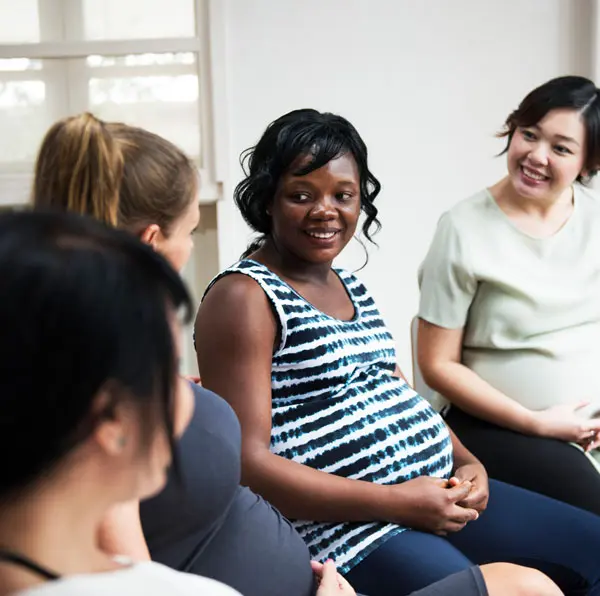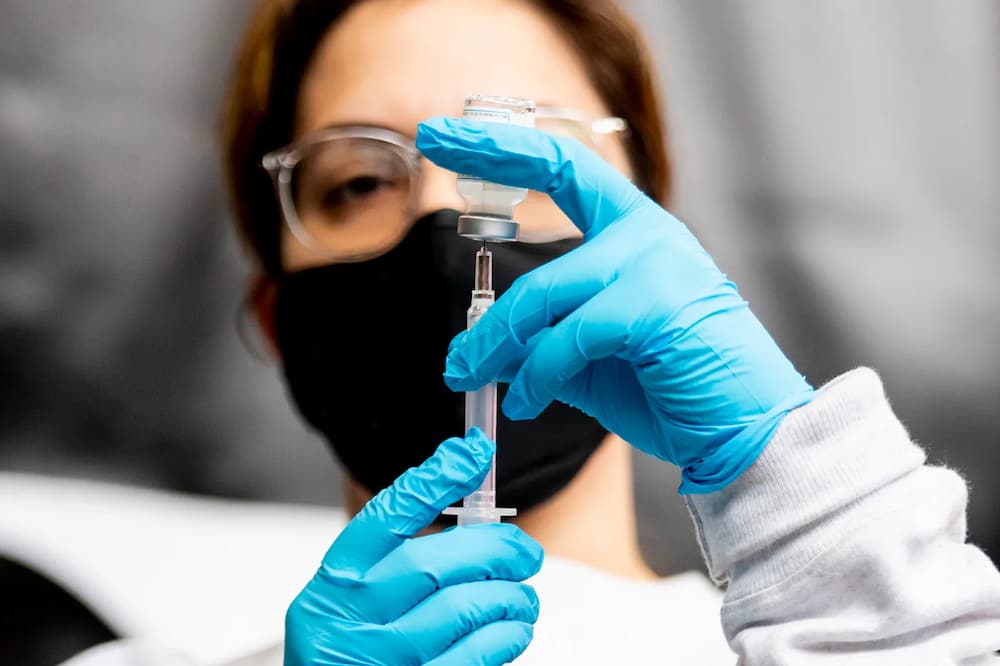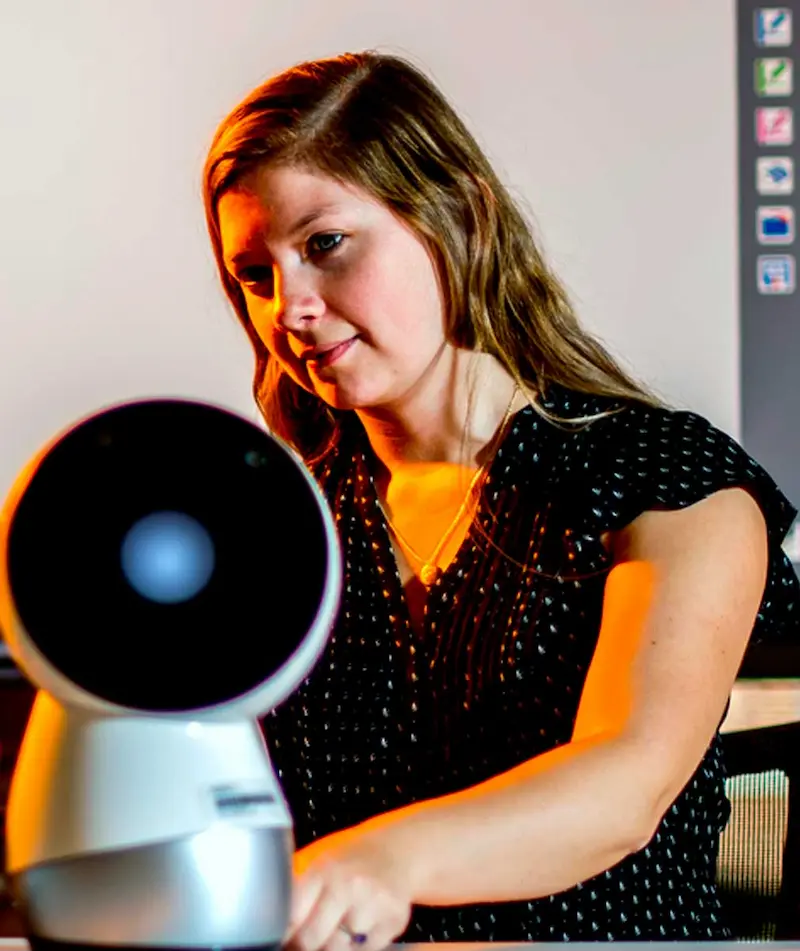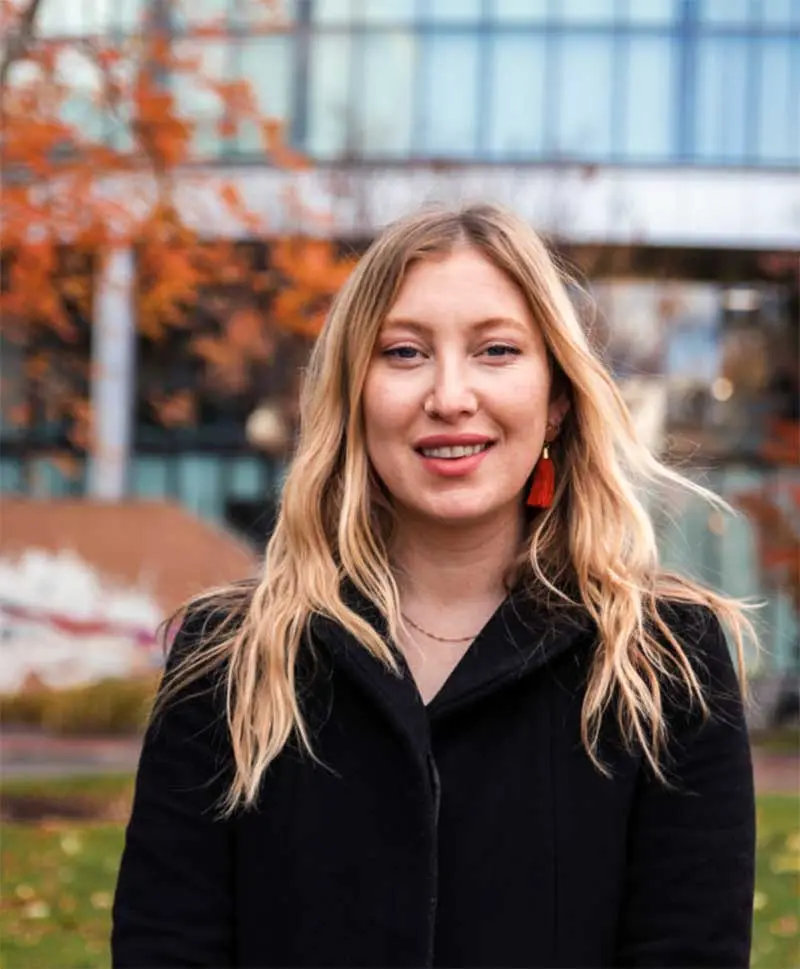
Tracy Hunt
Program Manager, Population PhD Program and Exercise Science Graduate Program Health Sciences
YOU ARE BOUVÉ

The PhD Program in Population Health at Northeastern University integrates interdisciplinary education and experiential learning opportunities to train students to become public health researchers and leaders who understand the complex factors that affect the health and well-being of populations. The program has:


Our program trains students to become public health leaders through simultaneous examination of multiple determinations of health, including social, environmental, nutritional, and behavioral risk factors.
Our students investigate the underlying causes of adverse health, including disease, disparities, and disability, through training in core population health disciplines:
This training is done together with individual-specific and specialized training in topics related to student research.
Our students are mentored by Northeastern’s distinguished faculty, who individually and together conduct innovative, solution-focused research in critical population health topics.
*Requests for part-time study are considered on a case by case basis. Please refer to the FAQ section below for information about full-time work and part-time study.
Degree type: Doctor of Philosophy in Population Health (PhD)
Study options:
– Full-time or part-time
– On-ground (Boston campus) only
Need flexibility around daytime classes
– *Fall semester start only
Application deadlines: Dec 15
Prerequisites: None
Most applicants have a master’s degree
Applications accepted:
Domestic and international
Grad assistantships available:
Full-time students only
GRE: Optional
Population Health doctoral students conduct research that addresses key determinants of health including:
All Population Health PhD candidates must earn at least 33 credits by completing core research courses, selecting a concentration, and taking additional electives and directed study courses, as needed and in consultation with their faculty advisors. They must complete a dissertation in order to earn their degree.
Curriculum subject to change.
For most up-to-date information please refer to the university’s academic catalog.
The Population Health PhD program accepts applications through December 15 for Fall entry. While there are no prerequisites for this PhD, most of our applicants have a Master’s degree.
Applicants with an interest in rigorous research training in public health are encouraged to apply. Receipt of a previous master’s degree in public health or related field is not required however evidence of skills and aptitude in quantitative research methods from degree transcript and work experience will be noted. Submission of GRE test scores is optional. You may be asked to participate in an interview with member of the admission committee and/or potential faculty mentors prior to an admission being made.
Completed SOPHAS application
Official transcripts
Mailing Address:
SOPHAS Transcript Processing Center
P.O. Box 9111
Watertown, MA 02471
Electronic transcripts: See SOPHAS Instructions
Resumé
Personal Statement
Official test scores
Submission of GRE test scores is optional.
TOEFL scores are required from international applicants who possess degrees from institutions outside the United States. Use code #5688. The PhD Program requires a minimum score of 100 on the TOEFL (official test scores from similar English-language tests may not be substituted in place of the TOEFL).
Requests to be waived from the TOEFL requirement are determined on a case by case basis by the Program Director. Email Dr. Beth Molnar at [email protected] with your request and relevant materials (eg, CV/resume, transcripts).
3 letters of recommendation
Only academic and professional letters of recommendation will be accepted.
SOPHAS application fees and fee waivers:
We welcome your questions about our program. Please send general program inquiries and admissions-related questions to:
Tracy Hunt
Program Manager




At a hospital in Bedford, Massachusetts, Jibo asks a group of veterans how they’re doing. They tell Jibo they’re in a lot of pain and Jibo reminds them that stretching helped them the other day. Perhaps they’d like to try it again today?
STUDENT spotlight

‘Fulfilling’ and ‘invaluable’ experiences shape Population Health PhD student’s journey
The programs at Bouvé are engineered to put our students ahead of their peers. The college’s faculty and staff know what it takes to succeed in competitive fields that are in demand of graduates. You can read all the material put out by the school, but sometimes it’s best to hear it straight from one of our students, like Ashley Houston.
STUDENT spotlight

Why did you choose to apply to this program?
I chose to apply to the Population Health program because it is unique in that it combines multiple facets necessary to understand how to approach improving the health outcomes and behaviors of an entire population. This includes statistical and epidemiological methods, social theory and determinants, and how to translate health outcomes into policy recommendations.
What kind of research are you doing?
I am currently evaluating biases associated with different survival analysis methods and censoring techniques, particularly during their use when analyzing multidrug-resistant tuberculosis treatment cohorts. I aim to identify more efficient means to analyze these data under differing scenarios, resulting in less bias outcomes and more accurate effect measures to inform treatment recommendations.
What kind of research or professional experiences have you had?
I have over 6 years experience implementing clinical trials, including drug trials for asthma treatment and international research assessing tuberculosis treatments. My most current research, evaluating multidrug-resistant tuberculosis treatment outcomes in adolescents, was presented at the 46th UNION World Conference on Lung Health in December 2015.
What are your professional aspirations?
I aspire to be a member of an academic institution, teaching epidemiology and/or research methods courses, to mentor students early in their research careers, and to conduct personal research related to identifying more efficient processes for the diagnosis, treatment, and monitoring of tuberculosis patients worldwide.

Why did you choose to apply to this program?
I chose this program due to its multidisciplinary take on health research. It lets me merge together my interests and think of translational research.
What kind of research are you doing?
I am focusing primarily on nutrition research, but have been able to work with a wide array of projects that incorporate this component, such as air pollution and the human gut microbiome.
What kind of research or professional experiences have you had?
I have gone to several conferences and also traveled to San Diego to do a research fellowship.
What are your professional aspirations?
I like this program because I do not feel limited in my future career and plan to keep the options open.

Why did you choose to apply to this program?
I actually started in the Personal Health Informatics program but realized that I was doing most of the course work for Population Health and I switch programs last year. The Population Health program fit my interests in healthcare delivery and quality better, and I am glad I made the change.
What kind of research are you doing?
My research is centered on healthcare delivery, utilization, and quality. I am interested in exploring the challenges in our healthcare system that lead to waste, low efficiency, and poor outcomes. I working on two projects at the moment: one on hospitals in accountable care organizations and how hospitals performed on a variety of measures including quality, community spending, and community benefits; the other is going to explore patterns of diagnostic imaging across Massachusetts with data from a massive claims dataset collected by the state.
What kind of research or professional experiences have you had?
I have worked in healthcare for many years in clinical, managerial, and research settings. I have presented at radiology conferences and quality symposiums on several occasions, and have worked extensively with faculty in research and clinical settings.
What are your professional aspirations?
My goal is to work in an academic setting where I can do healthcare services research and teach.

Why did you choose to apply to this program?
A mentor of mine and faculty member at NYU advised me to apply here.
What kind of research are you doing?
I am working with Becky Briesacher, an amazing new faculty member. We are researching nursing home prescribing practices. With a novel dataset she has acquired I hope to be able to investigate prescribing practices among HIV/AIDS nursing home patients.
What kind of research or professional experiences have you had?
The majority of the last 10 years of my professional career were spent in clinical laboratories in NYC, clinical chemistry and genetics specifically. During my MPH, worked at CHIBPS NYU on a study of young men who have sex with men in NYC and their HIV outcomes. After finishing my MPH, I took a data management and analysis position working with the New York City Fire Department studying health outcomes of 9/11 first responders.
What are your professional aspirations?
After completing my PhD here at NEU, my hope is to go on to broaden the scope of literature on HIV/AIDS among under represented populations such as the different sub populations within the LGBT community and the elderly. Teaching is a challenge I would like to take on, but research is my real passion.
No, our program does not have specific requirements with regard to classes applicants must take or have taken prior to applying. However, the majority of the students in the program enter with a previous master’s degree.
Submission of GRE test scores is optional.
TOEFL scores are required from all international applicants who have not earned an undergraduate or graduate degree in the Unites States or in a country where English is the primary language. Fluency in English is integral to success of graduate students in our program. Guidelines for submitting a request to waiver the TOEFL requirement are outlined in the Admissions section.
Certain required classes (for example, introductory classes in Biostatistics and Epidemiology) can be waived if you’ve taken equivalent classes in previous graduate programs. Course waivers will be determined on a case-by-case basis once a student is accepted and officially matriculates into the PhD program. Please note: course waivers do not substitute for the 33-credit requirement. Students can enroll in elective courses to meet the requirement.
Our program offers graduate assistantships for doctoral students, which cover tuition and include a yearly stipend in exchange for 20 hours of work each week. You do not need to do anything further than submitting your application to the Program to be considered for a graduate assistantship.
A few required courses have online course equivalents that doctoral students may choose to take. However, we do not offer the program as an online program, and these online class offerings are very limited.
It is a critical part of the admissions process that there be a close match between a prospective student’s research interests and one of our faculty members. The first step is to examine faculty profiles and discuss potential matches in your personal statement. The next step happens within our faculty committee. There is no need to obtain any commitment from a faculty member before you apply.
We welcome any questions you might have about our program. Please feel free to send general program inquiries and admissions-related questions to the Program Manager, Tracy Hunt.

Program Manager, Population PhD Program and Exercise Science Graduate Program Health Sciences

ScD
Director, PhD Program in Population Health; Professor Health Sciences
Students are trained to conduct research examining the social and environmental determinants of health through a cohesive, transdisciplinary program that integrates topics that include the five pillars of public health, including epidemiology, biostatistics, health program evaluation, environmental health, and social determinants of health.
Social Epidemiology
Advanced Methods in Biostatistics
Dissertation preparation classes (exact credits determined in conjunction with faculty advisor)
Directed Study (can be repeated as needed)
Sample Electives
Various electives (exact number of courses determined in conjunction with faculty advisor)
Theoretical Foundations of Personal Health Informatics
Health Organization Management
Public Health Policy and Administration
Strategic Management and Leadership in Health Care
Global Health
Health Education and Program Planning
Advances in Measuring Behavior
Social Movements in Health
Qualitative Methods in Health and Illness
Causal Inference in Public Health
Data Mining
Statistics for Big Data Sets